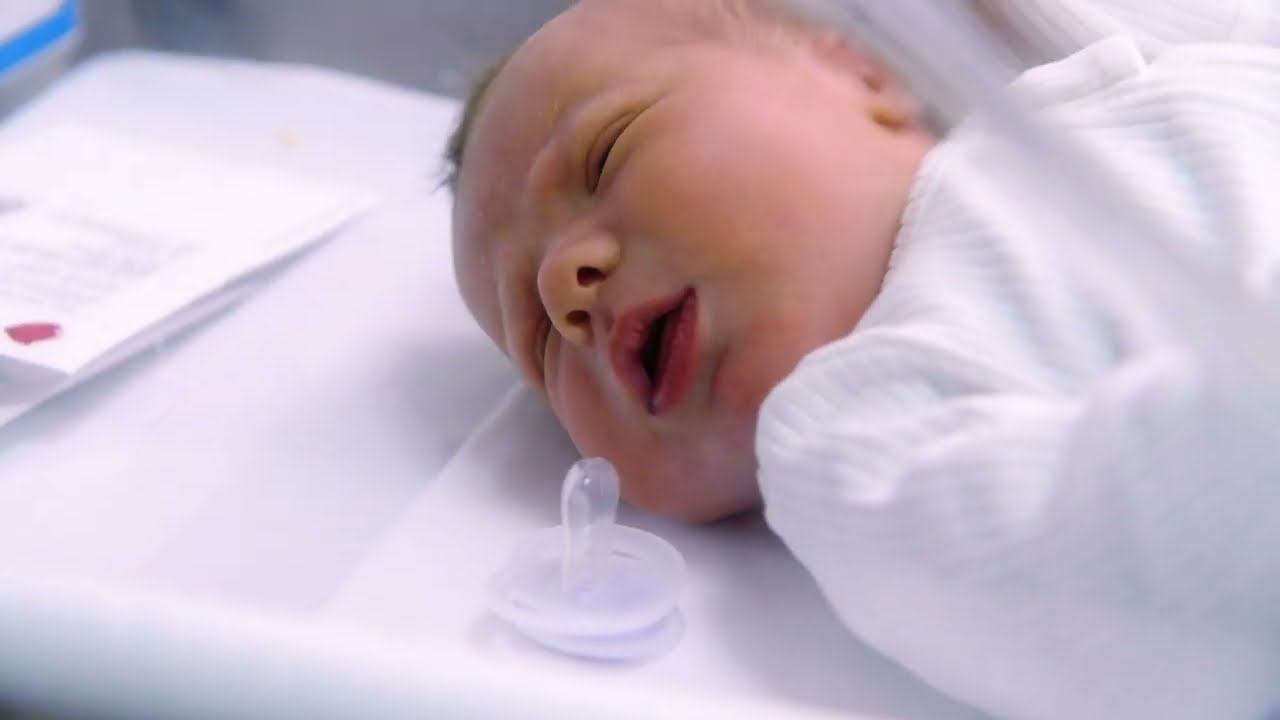Chorionic Membrane Assessment Testing in Livestock Pregnancy
The chorionic membrane assessment testing is a critical diagnostic tool used to evaluate the health and viability of pregnancies in livestock, particularly cattle. This procedure involves the collection and analysis of the chorionic membrane, which forms part of the placenta during gestation. The evaluation helps identify potential issues that may affect fetal development or lead to miscarriage.
The testing process begins with the precise removal of a small sample from the chorionic membrane using sterile techniques. This sample is then analyzed for structural integrity and cellular content under microscopic examination, ensuring the health of the placenta can be accurately assessed. The test results are essential for determining optimal management strategies for pregnant animals to ensure successful delivery.
Chorionic membrane assessment testing plays a pivotal role in livestock farming by providing insights into the overall health status of pregnancies. It allows farmers and veterinarians to make informed decisions regarding nutrition, housing conditions, and other factors that can influence pregnancy outcomes. By identifying potential risks early on, these tests help prevent significant losses due to complications during gestation.
In addition to its diagnostic value, this testing method also supports reproductive health research by providing data on normal placental development patterns. This information is crucial for developing new methods aimed at improving fertility rates and reducing neonatal mortality in livestock populations worldwide.
The accuracy of chorionic membrane assessment tests has been validated through extensive research conducted according to international standards such as ISO 15197:2013, which specifies requirements for quality management systems used within the medical field. Compliance with these guidelines ensures reliable and consistent results across different laboratories performing similar analyses.
Understanding the importance of chorionic membrane assessment testing underscores its significance in modern agricultural practices. By leveraging this technology effectively, farmers can enhance their herd health management practices while contributing positively to sustainable livestock production systems.
Why It Matters
The chorionic membrane plays a vital role during pregnancy by facilitating nutrient exchange between the mother and fetus. Any abnormalities or deficiencies in this membrane can lead to serious health problems for both the mother and her offspring. Early detection through chorionic membrane assessment testing allows for timely interventions that improve overall reproductive success rates.
- Reduces miscarriage rates: Identifying issues early enables veterinarians to provide targeted treatments, potentially saving valuable pregnancies.
- Promotes healthier calves: Ensuring proper fetal development leads to stronger, more resilient offspring at birth.
- Enhances herd performance: By minimizing losses due to pregnancy complications, farms experience improved productivity and profitability over time.
The economic benefits extend beyond individual farm operations; they contribute significantly towards maintaining robust livestock populations which are essential for global food security. The ability to predict and prevent adverse outcomes contributes positively to sustainable farming practices that support long-term environmental sustainability goals.
Industry Applications
- Farm Management: Provides valuable insights into the health of pregnancies, helping farmers make informed decisions about animal care and feed allocation.
- Veterinary Services: Assists in diagnosing and treating pregnancy-related issues, improving outcomes for both mothers and calves.
- Breeding Programs: Supports the selection process by ensuring only healthy embryos are implanted, thus enhancing genetic quality within herds.
The chorionic membrane assessment testing is particularly beneficial in dairy farms where maintaining high milk yields depends heavily on successful pregnancies. In beef cattle operations, it aids in optimizing herd size based on reproductive efficiency metrics derived from these tests.
Quality and Reliability Assurance
To ensure the reliability of chorionic membrane assessment testing, laboratories adhere to strict quality control measures. These include regular calibration of equipment, standardization of sample preparation methods, and continuous training for staff involved in conducting these tests.
- Calibration: Ensures all instruments used are accurate and consistent across multiple users and over extended periods.
- Standardization: Establishes uniform protocols for collecting samples and interpreting results to maintain high standards of accuracy.
- Training: Provides ongoing education for personnel involved in conducting these tests, ensuring they stay updated on the latest techniques and best practices.
The use of advanced technologies like digital imaging systems further enhances the precision and speed of analysis. These tools allow for detailed examination of membranes under controlled conditions, reducing human error and increasing reliability.





